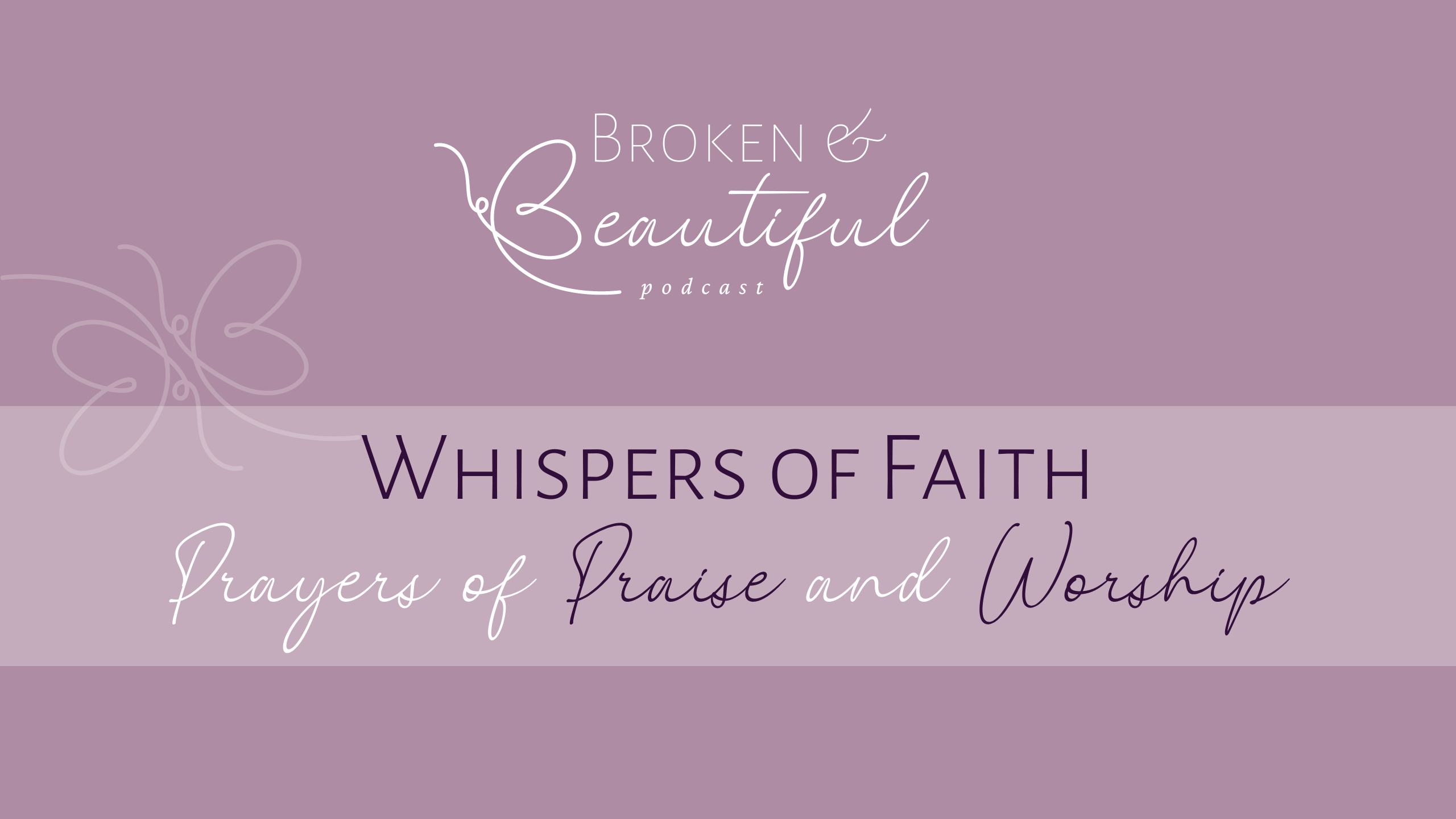We’ve heard of being soul-tired. It’s when you are down to the bones, deep level tired. We’ve gone soul-searching. It’s when we’re pretty confident that the path we are on isn’t the path we should be. But have we done soul praising? David did, and in Psalm 103, he challenges us to as well.
Psalm 103 is heralded as the most perfect Psalm of pure praise to be found in all of Scripture.
And it makes sense when you are reminded of the intimate grace that David begged for and was offered time and time again. (And, hint, God offers it to us too.)
Before diving in, let me set the stage and remind you of the David prior to this Psalm. It’s understood and agreed upon by most scholars that Psalm 103 was likely written later in David’s life, after the Bathsheba debacle. You know, the one where he wooed another man’s wife, committed adultery and had her husband, Uriah, killed to hopefully cover up his adultery. David made some grave mistakes and yet he starts and ends Psalm 103 the same… praising the Lord.
Depending upon the Bible version you study, he says in Psalm 103:1:
- Praise the Lord, my soul (NIV)
- Bless the Lord, o my soul (KJV and ESV)
- Let all that I am Praise the Lord (NLT)
Praise is at the beginning and at the end. David, someone who had some heavy burdens to carry, knew this. And, as Christ followers, we should too. Throughout the rest of Psalm 103, we learn much about soul praising, which requires intentionality.
Praise is not involuntary.
Reflect back on the last time you praised God. Maybe it was at church last Sunday or in your car earlier today as you listened to your favorite worship tune. Maybe, if you’re being honest, it has been a bit longer than you want to admit. Praise may not feel like it’s in alignment with your life when you have heaviness on your heart.
But be reminded that David understands heaviness. He understands hardship. He lived with deep sin and consequences from his poor mistakes. He has been in your shoes to some degree and he still believes in the power of praise. If he can, I bet you can too.
Throughout Psalm 103, I’m reminded that praise isn’t involuntary. It’s not limited to a church service or the feelings we have when we sing a song. It’s not something that is only connected to our emotions, either. Instead, praise is something that is inward… it comes from the soul. It’s an offering of the complete us to the One who completes us. It’s intentional and it should be done with all of who we are.
- Our emotions should feel it.
- Our head should understand it.
- Our lips should speak it.
- Our heart should exude it.
Praise isn’t done because God requires it. We should do it because it pleases Him that his creations praise Him. Our soul should praise God first and last and all in between. Our God is deserving of it, that’s for sure.
But this type of soul praising that David indicates in Psalm 103 does require intentionality. If you think you’re praising enough, go a bit deeper. Create a consciousness around how you are praising. No half-hearted praising allowed; God deserves whole-hearted praising! No multitasking here, friends. When it comes to praising God, we need to be all in.
I’m reminded of my recent yoga adventures. (It had been a while since I attended a group class and my body was made well aware.) “Forward fold into a downward dog. Active those abs and glutes. Rock into a plank. Hold it and slowly pivot while resting into a child’s pose.” The instructor had great intentions but my mind was focused less on my body’s strength and more on its weakness. I couldn’t execute her directions with ease and fluidity. I fumbled. The next week, however, I was reminded of the importance of full presence. As I moved through the poses, I focused my mind on each part of my body, leaving my work woes and insecurities behind me. I brought all of me to the class, and all of me benefited.
All of us should praise all of God in the same way.
The Power, The Purpose and The Benefits of Praise
David has real reasons to praise. God has forgiven him. God has healed him. God has redeemed him. God has offered mercy to him. David has experienced the power of praise and understands its purpose in his own life. But I also love in Psalm 103:3-7, how he outlines the benefits of God, which are also worthy of praising.
He forgives all my sins and heals all my diseases. He redeems me from death and crowns me with love and tender mercies. He fills my life with good things. My youth is renewed like the eagle’s!
Psalm 103:3-5
David talks about the individual benefits of God. His forgiveness, healing, redemption, kindness and mercies aren’t just for him; they are for us all!
My favorite verse is Psalm 103:12, where David highlights: He has removed our sins as far from us as the east is from the west. We’re pretty confident that David’s perspective of the world was flat back then, but the Holy Spirit knew the world was round, having clarity that this meant sins were always to be forgiven for if you travel east always, you’ll never hit west!
The Lord gives righteousness and justice to all who are treated unfairly. He revealed his character to Moses and his deeds to the people of Israel.
Psalm 103: 6-7
God doesn’t just have individual benefits; He has societal benefits. He is righteous and fair. He’s just and loving. He is full of mercy. That in and of itself is worthy of praise!
The God we praise has an abundance of love like a loving father does. He is slow to anger. He knows our sins and loves us anyway. He doesn’t give up on us. That in and of itself is worthy of praise.
But there’s another reason to praise God, and it may not be something you’ve considered before.
We can and should celebrate all that God has done. That’s a given. But have you considered praising and celebrating God for all he hasn’t done?
We praise a God who knows all of our sins and who also created the world. He chooses to forgive than to seek revenge.
We praise a God who answers prayers even if don’t answer His requests. He chooses to love instead of turn away from us.
We praise a God who knows that because of our human nature, we will continue to make bad decisions and yet, He chooses to constantly—as far from us as the east is from the west—to accept our repentance and, laid down His life on behalf of ours.
Our God could demolish us, and the Old Testament tells stories of such. And yet, our God doesn’t follow earthly logic of offering consequences to our actions. Instead, He forgives. He loves. And He sees us as good.
That, my friend, is reason in and of itself to praise.
Join us at a 2024 Broken & Beautiful Retreat.
Each retreat explores meaningful topics Christian women face, offering Scripture deep dives, creative therapy sessions, and community time with other women who are on the same broken to beautiful journey. Broken & Beautiful Retreats take place at various locations in Louisville, Kentucky and Southern Indiana.






